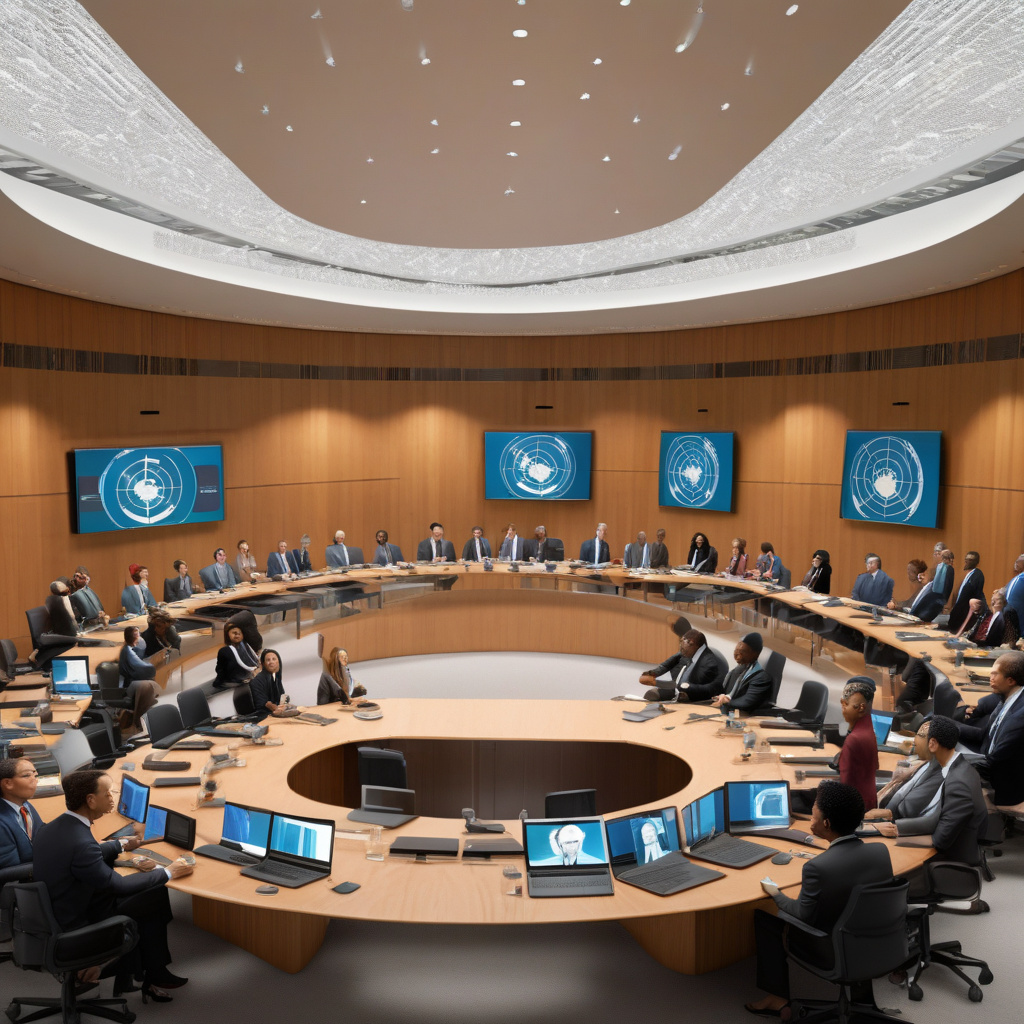The United Nations’ recent push for global AI regulations has stirred up debates within the tech community. While the initiative aims to establish boundaries for artificial intelligence by the end of 2026, concerns linger around its feasibility and enforceability.
One key aspect of the UN’s proposal is the establishment of clear prohibitions, verification mechanisms, and an independent oversight body. However, skeptics question whether these rules can truly be enforced on a global scale.
From an enterprise perspective, these regulations could potentially impact businesses worldwide, particularly in terms of compliance requirements. Restrictions on AI applications in areas such as job screening, loan decisions, and data training models could pose challenges for companies operating across international borders.
Despite the UN’s intentions to safeguard against AI-related risks, the timeline for implementation and the practicality of these regulations remain contentious issues. Experts like Valence Howden from Info-Tech Research Group raise concerns about the pace of governance in relation to the rapidly evolving AI landscape.
Moreover, there are doubts about the willingness of major AI vendors to adhere to these regulations. Howden highlights the industry’s proximity to an “ungovernable” state, suggesting that even if regulations are put in place, compliance may be a significant hurdle.
Former federal prosecutor Brian Levine echoes these sentiments, expressing skepticism about the effectiveness of high-level principles without concrete enforcement measures. He believes that countries may view the UN’s proposal as non-binding and, therefore, of minimal impact.
Looking back at past UN initiatives, such as the unsuccessful attempt to ban autonomous killing robots, it raises questions about the practical outcomes of the current AI regulatory efforts. Legal experts like Peter Salib emphasize the growing tangible threats posed by AI systems today, but remain doubtful about the efficacy of the UN’s latest endeavor.
In conclusion, while the United Nations’ endeavor to regulate AI is a step towards addressing potential risks, the road ahead is rife with challenges. The balance between innovation and regulation, coupled with the complexities of global implementation, underscores the intricate nature of governing artificial intelligence in today’s interconnected world.

